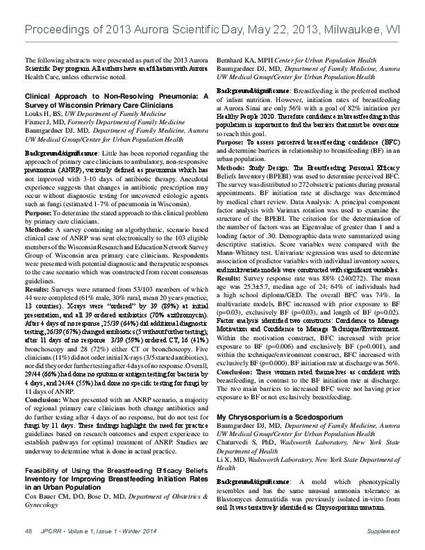
Background/significance: According to the data from the National Health and Nutrition Examination Survey, 35.7% of adults in the US are obese. In 2003, the United States Preventative Services Task Force (USPSTF) recommended clinicians screen all adults for obesity and offer intensive counseling and behavioral interventions to promote sustained weight loss. Screening and treating adults with obesity has helped attain meaningful weight loss and improve health outcomes with adequate evidence also proving better glucose tolerance and other physiological risk factors for cardiovascular disease. In 2011, Medicare approved coverage for obesity management. Medicare has approved the coverage of obesity management during primary care appointments for a year as long as a weight loss of 3.0 kg at the 6 month mark is achieved.
Purpose: The purpose of this project was to increase the frequency of obesity diagnosis and implement intensive counseling and behavioral interventions to promote a sustained weight loss of 3.0 kg within a six month period.
Methods: This was a pilot care management quality improvement project. Five willing, older adult Medicare participants agreed to participate. Each had a BMI ≥30 kg/m2. The Framework utilized was the Chronic Care Model. This guided the management of obesity. Self Determination Theory explained the motivation behind participant’s healthy and effective behaviors. Helpful communication strategies included the use of 5As and motivational interviewing techniques. Participants were seen for 15 minutes each week for the first 4 weeks then every other week for 5 months. The multicomponent behavior interventional strategies included setting weight-loss goals, improving nutrition, increasing physical activity, addressing barriers to change, self-monitoring, and discussing maintenance of long term changes.
Results: Mean weight before the benefit was 187.1 lbs or 85.1 kg and went down to 167.0 lbs or 76 kg. The mean BMI before benefit implementation was 33.03 kg/m2 and decreased to a non-obese value of 29.68 kg/m2. Conclusion: High-level evidence supports offering or referring all adults with obesity for weight loss. Three kilograms of weight loss over six months can be achieved when a clinician diagnoses an adult with obesity and begins intensive counseling and behavioral interventions. This pilot project lacked diversity for age, gender, and race. Improving comfort and knowledge regarding obesity management is needed so more patients can become engaged in education for self-management.
Carlton PK, Hartlaub J. Intensive counseling and behavioral interventions for weight loss in primary care. J Patient-Centered Res Rev. 2014;1:53.

Department of Family Medicine, Aurora Advanced Health Care